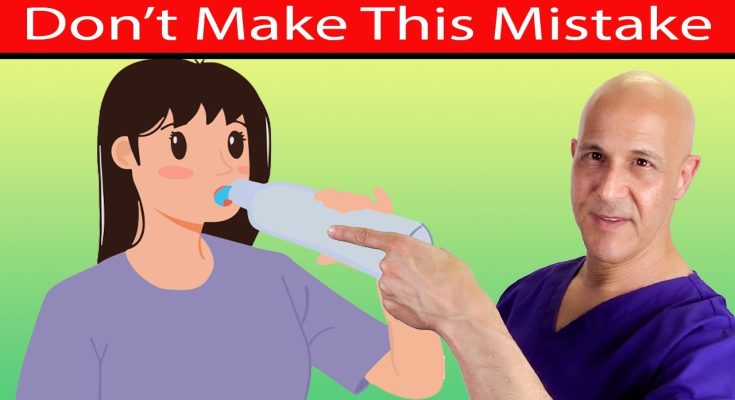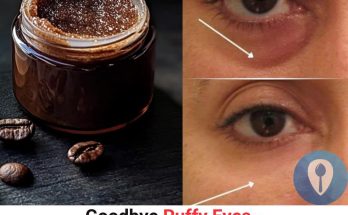A very high percentage of our body is made up of water and we cannot survive without it but there are ideal times that we should not be drinking it because it can potentially harm our health and very seldom we’ll see that water will cause any danger so when you’re drinking your water it’s always best to be safe than to be sorry you’re going to hopefully learn a lot of great information here but I will go through it real quick drinking large amounts of water right before or during intense exercises can cause that discomfort and
potentially lead to cramping or gastrointestinal issues and if you’re consuming excessive amounts of water during your meals this can dilute your digestive enzymes and stomach acid which may hinder the digestion process and you need that hydrochloric acid to help get calcium into the bones to help digest proteins as well as many other things particularly to fight the back bacteria in your stomach maybe H pylori commonly known that causes ulcers but the problem is that when we have less acid this causes an unequal pressure in our lower
esophagal spincter that can lead to gastric reflux and drinking water when you’re already bloated or overly full can exacerbate discomfort and make you feel more uncomfortable and it’s best that you don’t drink a whole lot of water right before you go to bed because this will lead to more frequent trips to the bathroom during the night which can disrupt your sleep and consuming excessive amounts of water within a short period of time can lead to water intoxication which can disrupt the body’s electrolyte balance and
potentially can be dangerous and if you’re having heart issues as well as kidney failure problems drinking too much water can be dangerous to your health this is when your doctor will advise you the amount of water you should be taken in Daily and if you’re having any medical procedures or tests that may require you to avoid drinking water for a specific period before that procedure you want to follow instructions provided by your health care provider and be aware of where you live because certain municipalities has
more contamination as compared to others and be aware that some medications require Specific Instructions regarding fluid intake so follow the guidance provided by your healthc care provider or read the medication label for any water related instructions if you’re experiencing nausea or vomiting be aware that drinking large amounts of water can make this condition worse small sips may be required but you want to speak with your healthare provider if you’re retaining lots of water in your body maybe in your ankles your abdomen and
it’s not related to sodium you want to be aware to speak with your medical provider because drinking more water can make the condition worse although if you’ve been retaining lots of fluid which most of us are when it comes to eating too much sodium salt the hidden salt it’s going to retain lots of fluid that’s when you want to drink more water cuz that will get rid of that extra sodium or you can add more pottassium adding more potassium rich foods will lower your sodium levels and if you’re
drinking cold water too fast just like you’re eating ice cream too fast you kind of get that brain freeze and this is believed to be triggered by the rapid cooling of the blood vessels in the roof of the mouth and throat and when that coal substance comes in contact with those blood vessels they will narrow and constrict and then rapidly dilate and widen afterwards this dilation and constriction is what stimulates nearby nerves leading to that sensation of pain or discomfort if you’re about to do any
aerobic exercise particularly jumping around running or jogging you don’t want that water moving around so much in your stomach because that can definitely cause gastrointestinal upset that can cause definitely cramping bloating and a lot of discomfort so be aware that when you’re doing extreme exercises not so much water at one time do it at least 30 minutes before 30 minutes after but it’s always good to sip daring and also be aware that when you’re drinking lots of water don’t lie down so quick if you’re
going to go in bed sit up prop yourself up put your head and heart higher than the rest of your body if you lie down you can get more pressure buil building up making its way up the stomach into the esophagus which can cause more gird so many people say well how much water should I drink well there’s different theories and it’s not for everyone because if you’re spending lots of time in the heat you’re exercising your metabolism is higher you’re going to burn more the bottom line is after you’re resting 6 to8 hours
overnight yes you’re going to be more dehydrated I like to use a little lemon and water apple cider vinegar and water if not just drink a glass or two of water to hydrate your cells it will definitely get you going and they say you should be drinking at least half the amount of ounces of your weight that’s just a ballpark the bottom line is you don’t want to wait till your brain says you’re thirsty that’s when you get in trouble because if you’re in a hot environment where you’re having heat
exhaustion which can lead to heat stroke it may be too late so don’t wait till you’re thirsty it’s a good idea to sip water drink through throughout the day you’ll stay a lot healthier I hope you enjoyed this video please share it with your friends and family and most important make it a great day I’m Dr Alan mandelle.
Here are the key points:
- Timing and Intensity: Drinking large amounts of water right before or during intense exercise can cause discomfort, cramping, or gastrointestinal issues.
- Digestive Impact: Excessive water consumption during meals can dilute digestive enzymes and stomach acid, potentially hindering digestion and causing acid reflux.
- Sleep Disruption: Drinking too much water before bed can lead to frequent bathroom trips, disrupting sleep, and excessive water intake in a short period can cause water intoxication.
- Medical Considerations: Follow medical advice on water intake if you have heart issues, kidney problems, or are undergoing medical procedures; be cautious of water intake instructions for medications.
- Hydration Tips: Avoid drinking cold water too quickly to prevent brain freeze, and manage water intake around exercise and sleep to avoid discomfort and maximize hydration benefits.
Drinking water at certain times of the day can be very beneficial for many health conditions. Your body uses water in all its cells, organs, and tissues to help regulate its temperature and maintain other bodily functions. Because your body loses water through breathing, sweating, and digestion, it’s important to rehydrate by drinking fluids and eating foods that contain water.
The amount of water you need depends on a variety of factors, including the climate you live in, how physically active you are, and whether you’re experiencing an illness or have any other health problems.



